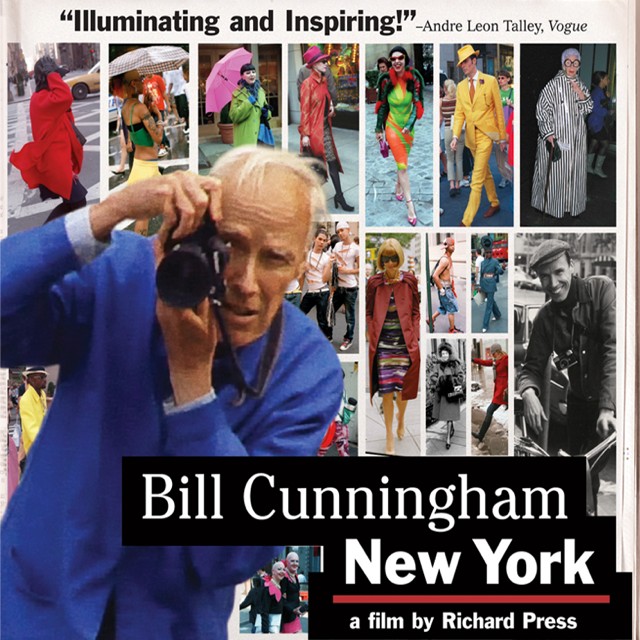It's not photography.
这不算摄影。
I mean, any real photographer would say he's a fraud.
任何一个真正的摄影家都会觉得,这完全称不上摄影。
Well, they're right.
我觉得他们说的没错。
I'm just about capturing what I see and documenting what I see.
我只是在捕捉和记录下我看到的东西啊,糟糕。
I mean, is he Horst? Put a bunch of flowers in front of you?
他是一个很专业的摄影师么?比如说让你举着一束花来给你拍照。
No. He's not that, but that's not what he wants to be.
他不是那样的,他也不想成为那样的摄影师。
I think he photographs life.
我觉得他就是在记录最真实的生活。
The parallel between the emerging japanese designers in the early '80s...and the bag people in New York...was startling, astonishing. No one would talk about it or even show the pictures.
八十年代初新兴的日本设计师和那街边拿着包的纽约人是同时期出现的,令人惊讶的是当时并没有人注意到这些。
And as time went on, the Japanese woman Rei Kawakubo admitted...that her inspiration...That when someone said, "Who do you think are the best-dressed women?"
随着时间的推移那个日本人Rei Kawakubo承认说她的灵感来源当有人问她 "你觉得谁的穿的最好看的女人?"
And she said, "The bag women in New York."
她说"那个街边拿着包的纽约女人。"
Now whether she was being facetious or cynical...or a real artist and saying what she really thought, you know, we're too close to a very touchy subject.
不管她当时的说法现在看起来是多么的滑稽或是讥讽或是有些艺术家认为,那就是她的灵感来源其实很多人在无意中的穿着都影响到了这种敏感的话题。
But as a historian, uh, what we see in New York in the 1980s in some areas...is close to medieval Europe.
但是从时尚研究者的角度而言…八十年代初,我们在纽约街头很多地方看到的是那时候人们穿的衣服的那种形态。













